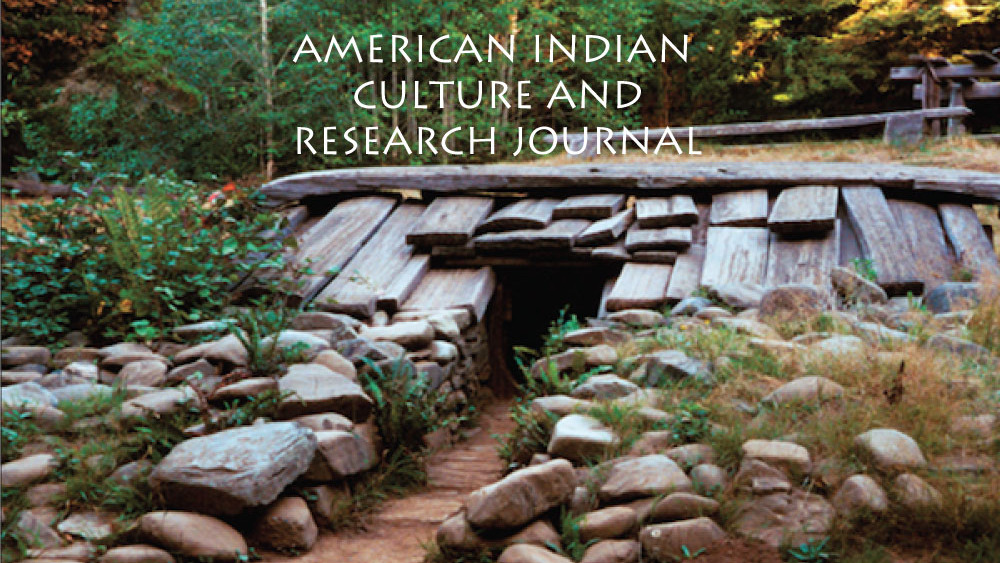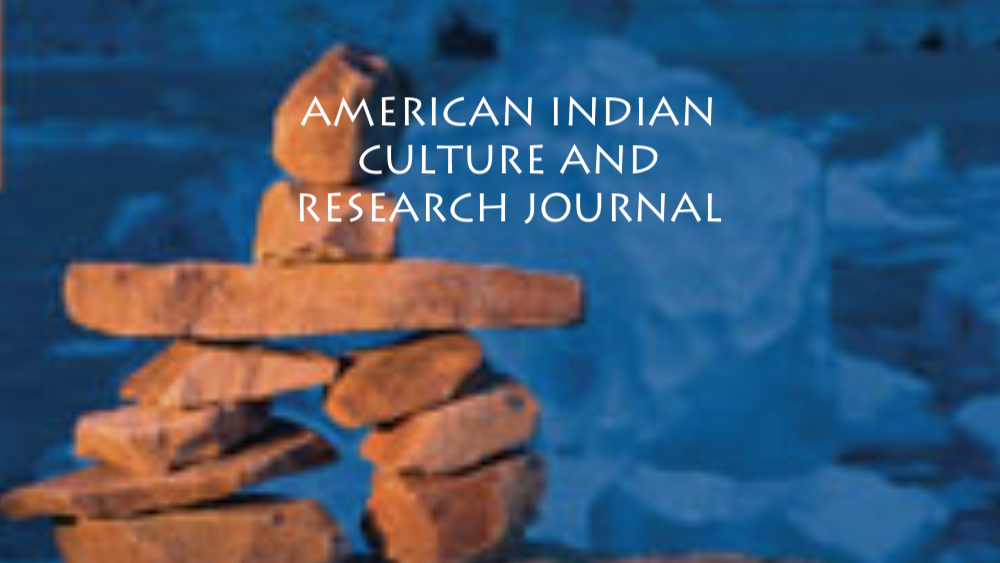Indigenous Governance Database
Chandra Ford
Image

COVID-19 and Indigenous Peoples: Tools to Promote Equity and Best Practices
This is the second volume of a two-volume special issue of the American Indian Culture and Research Journal, volume 44.3, dedicated to the indirect impact of COVID-19 on Indigenous Peoples. The first volume (44.2) covers the degree to which Indigenous Peoples were affected by COVID-19 and how this…
Image

COVID-19 and Indigenous Peoples: Impact of and Response to the Pandemic
In a two-volume, special edition of the American Indian Culture and Research Journal—volume 44, issues 2 and 3—we examine COVID-19’s unique implications for Indigenous Peoples, nations, and communities. We organized these special issues because the COVID-19 pandemic has particularly adversely…
